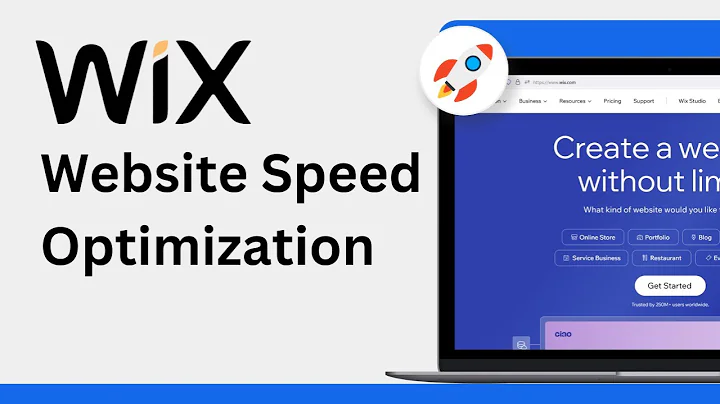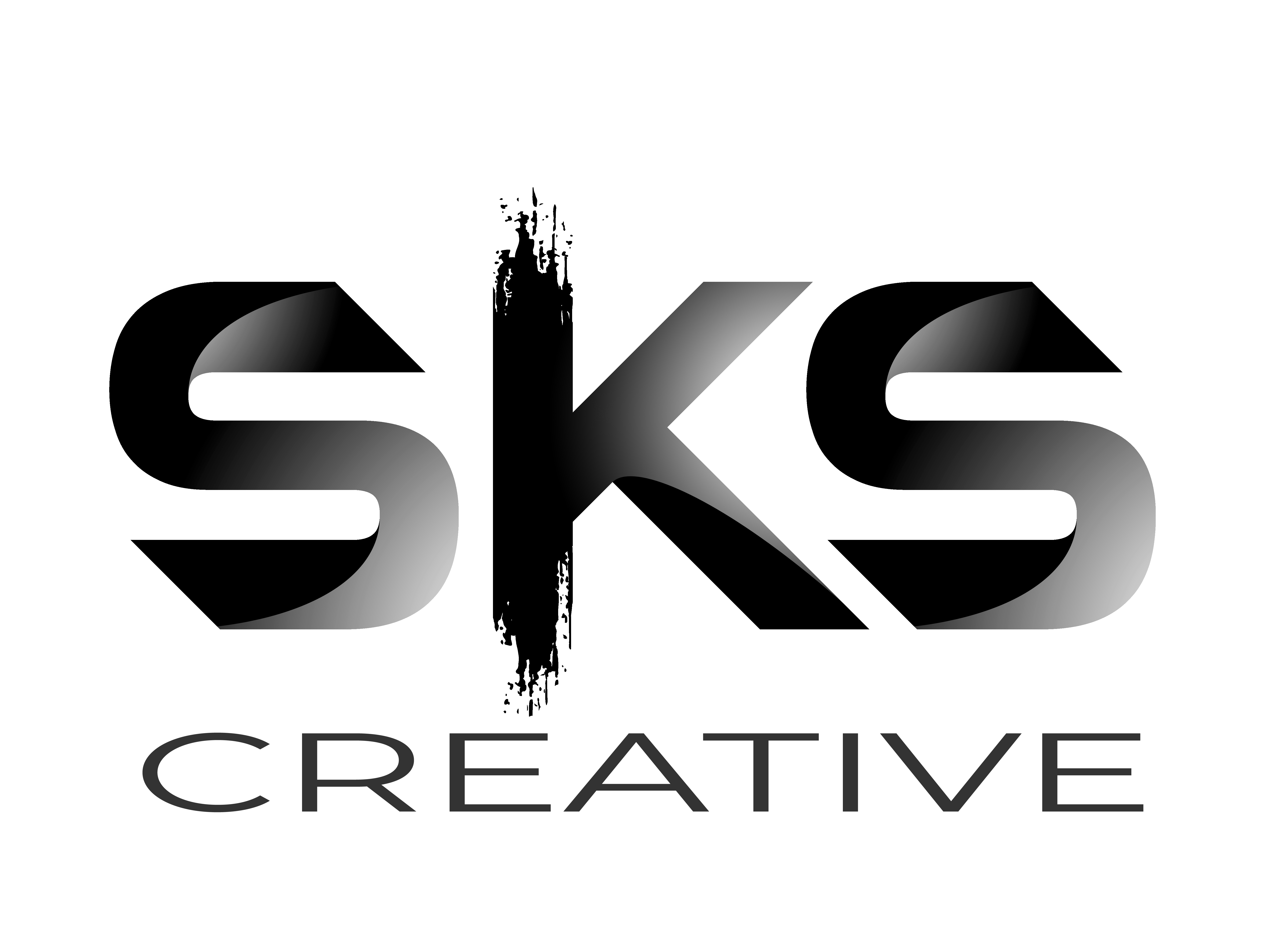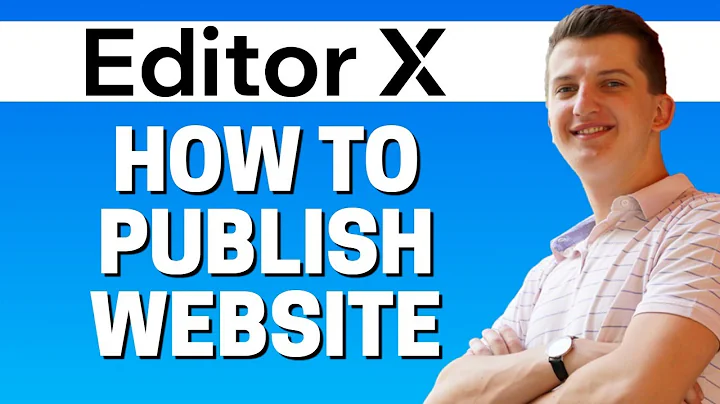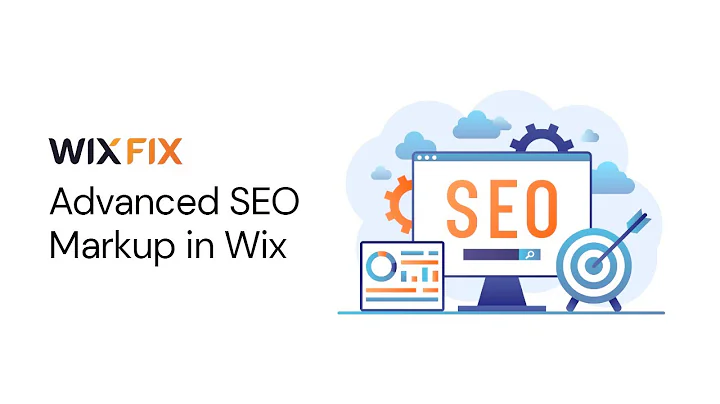Style Factory
CREATED BY
10:32
Wix vs WordPress (2022) — Which is Better?
Wix vs WordPress (2022) — Which is Better?
Deciding on the right platform for your website design project can be a daunting task. This is especially true when it comes to choosing between Wix and WordPress, the two giants of the web-building world. Don't worry - we're here to help! In this blog post, we'll dive into a comprehensive comparison of Wix and WordPress, discussing their key pros and cons to help you make the right choice for your online projects.
We'd like to invite you to join our community at livelearning.editorx.io, where we offer monthly NoCode Design Challenges with prizes and mentoring on how to build your design business and further your career. Our platform provides valuable resources for web designers and business owners alike, assisting you in becoming the best designer you can be.
With that said, let's dive into our comparison of Wix vs. WordPress and discover which platform is best for you.
Wix Overview
Wix is a popular website building platform that allows users to create professional-looking websites without needing any coding knowledge. It offers a wide range of templates and an easy-to-use drag-and-drop editor. This makes it an exceptional choice for beginners and small business owners who want to get their websites up and running quickly.
Pros of Wix
1. User-friendly interface: Wix's drag-and-drop editor makes the design process a breeze, even for those without any coding experience.
2. Wide range of templates and design options: With over 500 professionally-designed templates and a variety of customization options, you can truly create a unique website that represents your brand.
3. Wix App Market: The platform's app market offers a vast selection of apps and integrations to add functionalities to your website.
4. Hosting and domain included: Wix plans come with secure hosting and a free domain for the first year, simplifying the setup process.
Cons of Wix
1. Limited scalability: While Wix is perfect for small businesses, it may not be the best choice for larger websites that require more extensive features and customizations.
2. Hard to switch templates: Once you've selected a template and started customizing it, it's difficult to switch to another template without losing your work.
3. Restricted design flexibility: Some elements are fixed in place, limiting your creative freedom.
WordPress Overview
WordPress is a powerful open-source content management system (CMS) that powers over 40% of the internet. This incredible share of the web-building market can be attributed to its flexibility and powerful features. As mentioned in the introduction, there are two versions of WordPress: hosted (available at wordpress.com) and self-hosted (downloaded from wordpress.org).
The Differences Between Hosted and Self-Hosted WordPress
Hosted WordPress: Similar to Wix, hosted WordPress is a pay-as-you-go solution that provides all the tools you need to build a website, including hosting, a content management system, and ecommerce features. Since it's a user-friendly platform, you don't need technical skills to use it.
Self-Hosted WordPress: This version requires installing the open-source CMS on your server space, which you need to purchase and configure separately. Although it's free to download and offers greater flexibility and customization, you'll need some technical skills to manage the platform effectively.
Pros of WordPress
1. Flexibility: WordPress is highly customizable, allowing you to create any type of website, from blogs to ecommerce stores, using the platform's extensive features and plugins.
2. Strong developer community: With a vast community of developers, you can find plenty of resources, themes, and plugins to take your website to the next level.
3. Ownership control: As an open-source solution, you retain full control over your website's content and data.
Cons of WordPress
1. Requires technical knowledge: Managing a self-hosted WordPress website involves extensive technical understanding, which may be challenging for absolute beginners.
2. Higher learning curve: Figuring out how to use WordPress effectively takes time and effort, especially when it comes to setting up and managing the self-hosted version.
3. Additional costs for hosting and themes: Although the CMS itself is free, self-hosted WordPress websites need hosting and may require purchasing premium themes and plugins.
Final Thoughts
Both Wix and WordPress have their unique advantages, and choosing the right platform ultimately depends on your requirements and technical proficiency.
Wix is ideal for beginners and small businesses with limited coding and design experience. Its easy-to-use interface and all-in-one solution allow for rapid website building.
WordPress is a more powerful solution that offers additional flexibility and customization options. If you have the technical skills or are willing to learn them, WordPress could be the perfect choice.
Still undecided? Join our community at livelearning.editorx.io for resources and guidance on building your design business and furthering your career. Through our monthly NoCode Design Challenges with prizes and our comprehensive mentoring, you will be well on your way to building stunning websites and thriving in the design industry. Good luck!


Join over 5,000+ people learning, helping each other to scale their freelance/design business, taking no-code challenges, collaborating, talking about their projects, and more!
Join Designers & Creatives From All Over The World!

More Like This #Tag
Wix/Editor X Speed Optimization: How to Make Your Wix/Editor X Website Lightning Fast
Website Speedy
3:49

How to impress with a digital portfolio | D&AD x Editor X
D&AD - Creative Advertising, Design and Digital
18:30













